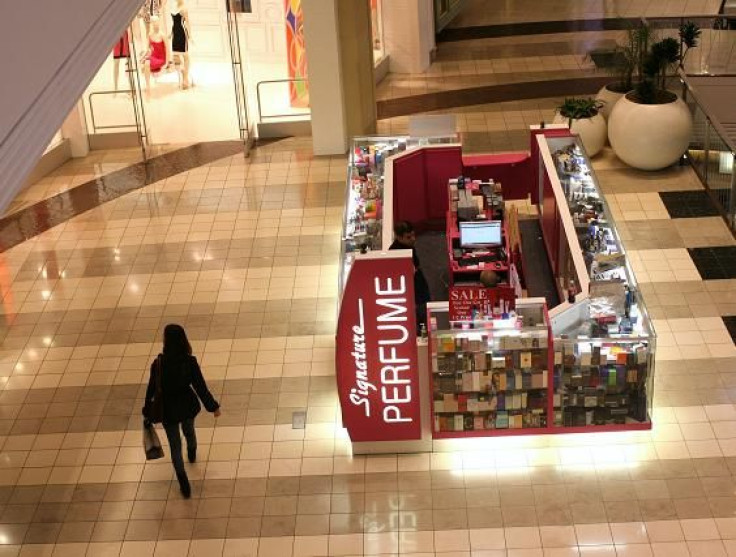US Retail Sales: Shoppers MIA In March As Payroll Tax Hike And More Expensive Gasoline Curbed Spending

U.S. retail sales fell 0.4 percent in March, more than expected, as the payroll tax hike and higher gasoline prices hammered consumer confidence and made shoppers tighten their belts.
Analysts were expecting no change in the March retail sales figures compared to February's numbers, but for the second time in three months it has declined.
“Coming on the back of the weakening in the ISM surveys and payrolls data in March, the economy appears to have lost some momentum,” Paul Dales, senior U.S. economist at Capital Economics, said about the retail sales figures.
The numbers also indicate that gasoline station sales and auto sales both fell, by 2.2 percent and 0.6 percent, respectively, while sales at clothing stores rose by 0.1 percent.
“This was worse than our [overall] forecast of a 0.3 percent rise and was the first fall since sales were hit by Superstorm Sandy in October,” Dales said.
In addition to the higher payroll tax, tightened fiscal policy in March may have played a part as the federal government began across-the-board spending cuts – a plan that is part of Washington's efforts to shrink the budget deficit.
Analysts suggest the recent drop in retail sales can be directly correlated to a lack of consumer confidence. The Thomson Reuters/ University of Michigan preliminary index of consumer sentiment fell to a nine-month low of 72.3 in April, down from 78.6 a month earlier. Still, economists are optimistic about the second quarter.
"One reason to be skeptical is that we have been here before," Capital Economics' Amna Asaf said. "Last month the preliminary estimate of the University of Michigan measure was initially reported to have falled shaprly, only for the decline to be revised in the final reading released a couple of weeks later."
She added, "We suspect if the same survey was conducted today, the results would be slightly different. The upward trend in equity prices and the steady drop in gasoline prices would push consumer confidence higher."
Meanwhile, the Labor Department said its seasonally adjusted producer price index fell 0.6 percent last month. The tumble is the PPI’s largest drop since May, after increasing 0.7 percent in February.
© Copyright IBTimes 2024. All rights reserved.












